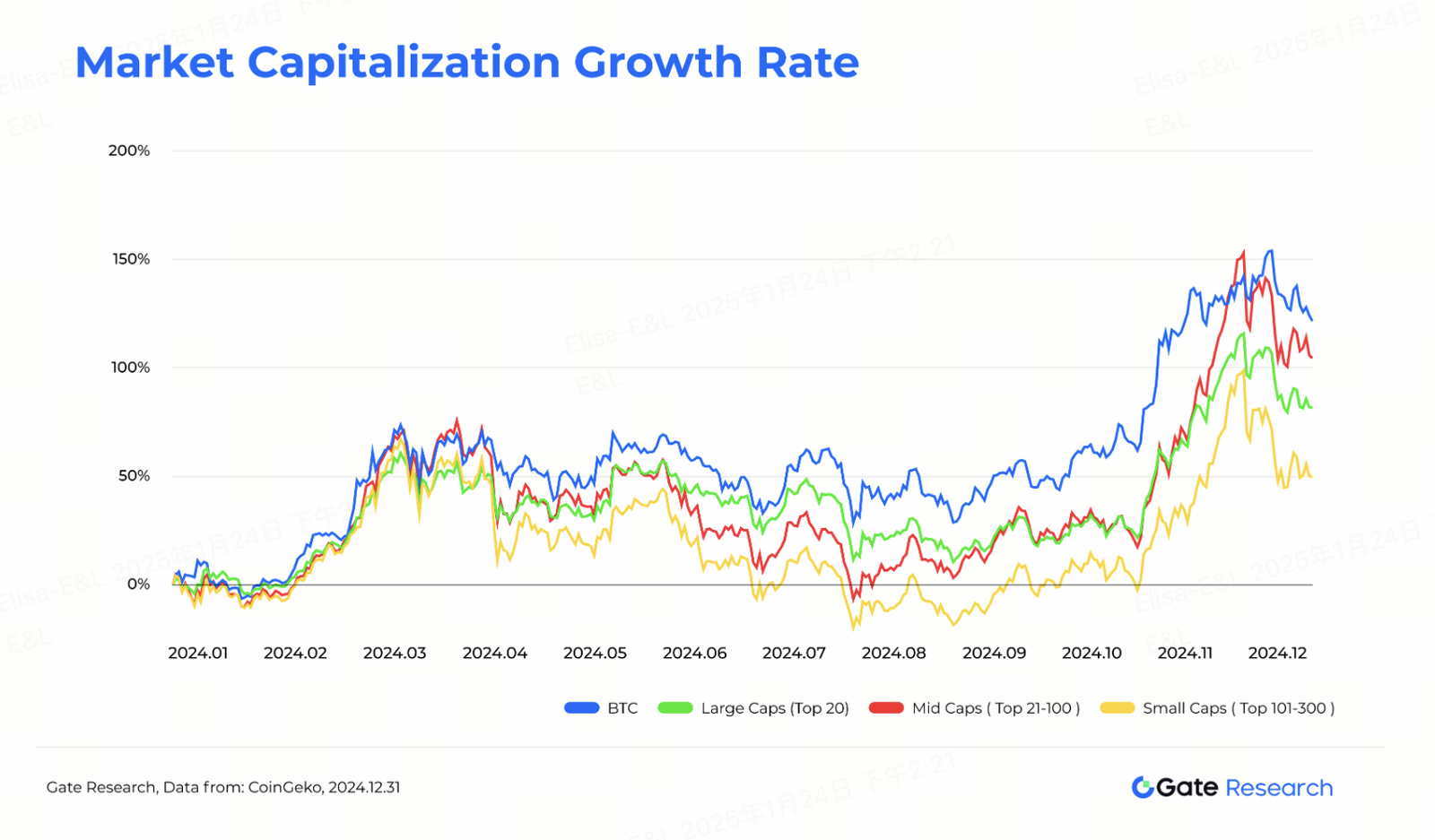Understanding Cryptocurrency: A Deep Dive into Blockchain and Bitcoin

What is Cryptocurrency and How Does It Work?
nCryptocurrency is a digital or virtual form of currency that uses cryptography for security. Unlike traditional currencies issued by governments, cryptocurrencies operate on decentralized technology. A key aspect of this technology is blockchain, which is a distributed ledger that records all transactions across a network of computers. This decentralized approach not only enhances security but also ensures a level of transparency and immutability that is difficult to achieve with conventional financial systems.nnBlockchain technology functions as a chain of data blocks, each containing transaction records. Once a block is filled with transactions, it is linked to the previous block, forming a secure chain. This method of organizing data is what allows cryptocurrency to function without the need for a central authority, making it inherently resistant to fraud and censorship. Each transaction is verified by network nodes through cryptographic algorithms, ensuring that the integrity of the cryptocurrency is maintained.nnThere are numerous types of cryptocurrencies, with Bitcoin being the first and most well-known. Launched in 2009, Bitcoin set the precedent for the development of thousands of alternative coins, commonly referred to as altcoins. Each cryptocurrency can have its own unique features and use cases. For instance, Ethereum introduced smart contracts that automate processes on its platform, while Litecoin was designed for faster transaction times and a different hashing algorithm. These variations highlight the versatility of blockchain technology and its ability to cater to different needs within the digital economy.nnIn conclusion, cryptocurrency signifies a revolutionary change in how we understand and use money, enabled by the underlying principles of blockchain technology. Its diverse range of applications continues to expand, suggesting that cryptocurrencies and their blockchain foundations will remain pivotal in the evolving financial landscape.n
The Role of Cryptocurrency Exchanges: Spotlight on Binance
n nnCryptocurrency exchanges serve a pivotal role in the digital currency ecosystem, functioning as platforms that facilitate the trading and exchange of various cryptocurrencies. Among these exchanges, Binance has emerged as one of the largest and most widely utilized platforms globally. Binance operates by allowing users to buy, sell, and trade a multitude of digital assets, including Bitcoin, Ethereum, and a multitude of altcoins. The user-friendly interface and variety of functionalities offered by Binance contribute significantly to its popularity.nnOne of the primary benefits of trading on Binance is the extensive range of trading pairs available. This allows traders to exchange their cryptocurrencies for other coins directly, thus enhancing liquidity within the market. The platform also features advanced trading tools, such as margin trading and futures contracts, which cater to seasoned traders looking to leverage their investments. Investors also benefit from competitive trading fees, which are often lower compared to many other exchanges. The fee structure is transparent, enabling users to understand the cost implications of their transactions clearly.nnSecurity remains a paramount concern for cryptocurrency exchanges, and Binance takes this issue seriously. The platform employs several advanced security measures, including two-factor authentication and cold storage for digital assets, to protect users’ funds. In addition, Binance has implemented various insurance mechanisms to safeguard users against potential losses from security breaches. These protocols are crucial for maintaining user trust, especially in an industry that is often scrutinized for vulnerabilities.nnIn conclusion, cryptocurrency exchanges function as essential intermediaries within the crypto market, facilitating the exchange and trading of digital currencies. Binance stands out as a leader in this space, offering an array of features that cater to both novice and experienced traders while ensuring robust security measures are in place to protect users’ assets.n
nnCryptocurrency exchanges serve a pivotal role in the digital currency ecosystem, functioning as platforms that facilitate the trading and exchange of various cryptocurrencies. Among these exchanges, Binance has emerged as one of the largest and most widely utilized platforms globally. Binance operates by allowing users to buy, sell, and trade a multitude of digital assets, including Bitcoin, Ethereum, and a multitude of altcoins. The user-friendly interface and variety of functionalities offered by Binance contribute significantly to its popularity.nnOne of the primary benefits of trading on Binance is the extensive range of trading pairs available. This allows traders to exchange their cryptocurrencies for other coins directly, thus enhancing liquidity within the market. The platform also features advanced trading tools, such as margin trading and futures contracts, which cater to seasoned traders looking to leverage their investments. Investors also benefit from competitive trading fees, which are often lower compared to many other exchanges. The fee structure is transparent, enabling users to understand the cost implications of their transactions clearly.nnSecurity remains a paramount concern for cryptocurrency exchanges, and Binance takes this issue seriously. The platform employs several advanced security measures, including two-factor authentication and cold storage for digital assets, to protect users’ funds. In addition, Binance has implemented various insurance mechanisms to safeguard users against potential losses from security breaches. These protocols are crucial for maintaining user trust, especially in an industry that is often scrutinized for vulnerabilities.nnIn conclusion, cryptocurrency exchanges function as essential intermediaries within the crypto market, facilitating the exchange and trading of digital currencies. Binance stands out as a leader in this space, offering an array of features that cater to both novice and experienced traders while ensuring robust security measures are in place to protect users’ assets.n
The Future of Cryptocurrency: Trends and Predictions
nThe landscape of cryptocurrency is rapidly evolving, with new trends and predictions shaping its present and future. One of the most significant trends is the rise of Decentralized Finance (DeFi), which seeks to recreate traditional financial systems using blockchain technology. DeFi platforms allow users to lend, borrow, and trade using various cryptocurrencies, removing the need for intermediaries such as banks. This innovation not only democratizes access to financial services but also introduces higher transparency and lower fees, garnering the attention of both users and regulators.nnAnother notable trend is the explosion of Non-Fungible Tokens (NFTs). These unique digital assets have gained immense popularity, allowing creators and collectors to buy, sell, and trade artwork, music, and other forms of digital content. NFTs signify a shift in how ownership and provenance are defined in the digital space, tapping into the potential of blockchain technology to provide verifiable ownership history. This trend has significant implications for the art market, gaming industry, and beyond, solidifying the role of crypto in economic transactions.nnHowever, the future of cryptocurrency is not without challenges. Market volatility remains a persistent obstacle, impacting investor confidence and the broader acceptance of cryptocurrencies as a stable form of currency. Additionally, cybersecurity threats pose significant risks to both individual users and exchanges, necessitating ongoing investment in security measures to protect assets. As regulatory frameworks for the crypto space evolve, they may also introduce new hurdles that could affect innovation and growth.nnDespite these challenges, many experts remain optimistic about the long-term sustainability of cryptocurrencies like Bitcoin and others. Predictions indicate that as technology advances and regulatory clarity increases, cryptocurrencies may begin to integrate more seamlessly into traditional financial systems. The growing acceptance of cryptocurrencies by mainstream businesses further supports this optimistic outlook, paving the way for a more resilient and widespread adoption of crypto in the global economy.








